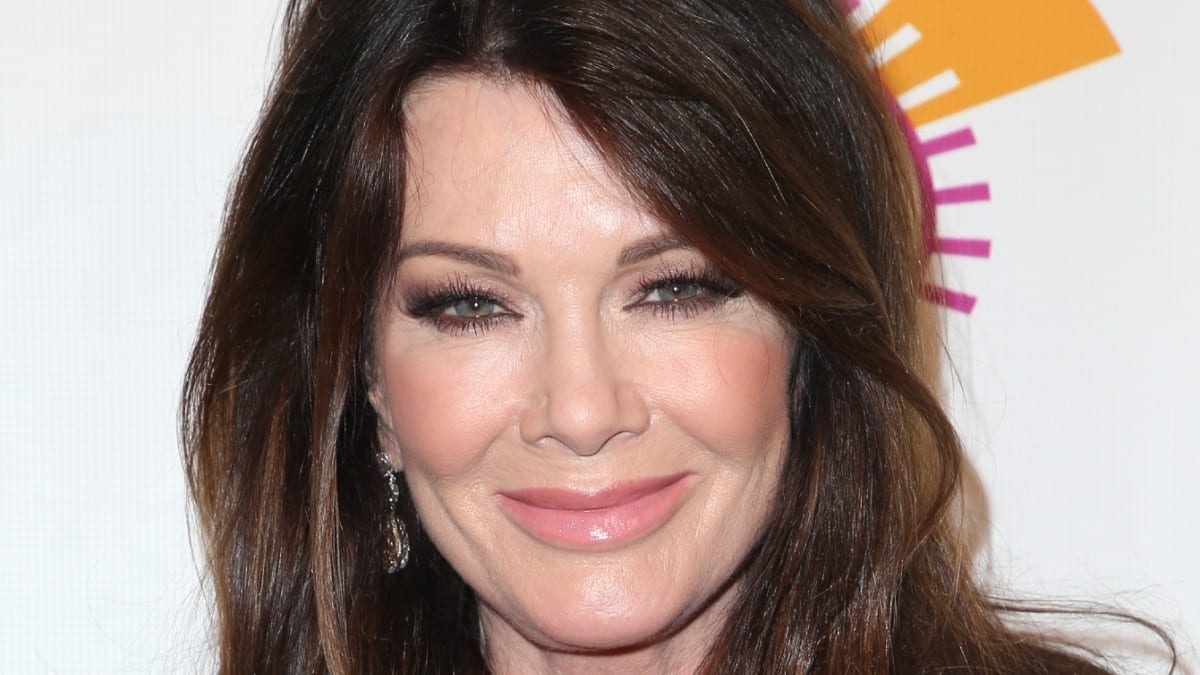Unilever, the London-based consumer goods giant, recently decided to freeze its CEO’s base salary for two years after a strong majority of the company’s shareholders rejected a compensation plan for Unilever directors, which included CEO Hein Schumacher.
According to news reports, after 60% of its shareholders voted against the company’s pay plan in May, Unilever held 37 meetings with its top 24 shareholders to hear their concerns. The primary objection was a proposed 20% increase over the previous CEO’s salary for Schumacher, who was just appointed to his position in July. The Unilever board then decided to freeze Schumacher’s fixed pay of $1.96 million for two years.
Reuters reported the board’s explanation for the pay freeze:
“Whilst the majority of shareholders agreed that the fixed pay level for the new CEO appropriately reflected the size and complexity of the role, there was a preference that alignment with the market could have been achieved gradually, rather than in one step on appointment,” the company said in a statement.
Was this a significant move by the Unilever board?
Any time the board of directors listens to its shareholders, it is significant. Debates over executive compensation are common in Europe, where Unilever is headquartered, and in the United States. It will be interesting to see if the idea of freezing top executive salaries in special circumstances will be used more often to smooth over disputes over pay. A quick examination of the Unilever board’s decision in this case yields these observations:
When 60% of shareholders vote against the board, directors must act. While this might seem obvious, sometimes directors disregard shareholder votes. When a majority of shareholders vote against the board on any subject, that is an early sign of a problem. The board should take action to find out the root cause of the problem and offer a new solution – or provide significant new information and data to justify staying on the course set by the board. Unilever’s board took both of these steps. To ignore a negative majority vote is a step toward inviting a challenge from disgruntled shareholders in the future.
Meeting with shareholders can yield great results. Unfortunately, some directors view meeting with shareholders as a knock against their authority. However, if the board is to truly work on behalf of the shareholders, engaging with shareholders to understand what they want shouldn’t detract from the board’s ultimate authority. Shareholders often have perspectives on critical issues that boards need to hear to make better decisions. Unilever’s board solicited input from key shareholders that led to an enlightened solution and a better atmosphere of trust.
Pay for performance will likely be a major theme in executive compensation talks In 2024. Unilever shareholders sent a clear message that they would prefer executives to earn raises by doing work, not by simply being appointed to the position. This view is very common among many shareholders who are concerned about rising executive pay amid fears of a recession and uncertainties brought on by world conflicts. Unilever reacted to shareholder sentiments with an action that seemed fairer, considering the reality that the company is faced with an uncertain economic environment that could lead to losses.
The post What Boards Can Learn From Unilever’s CEO Salary Freeze appeared first on ChiefExecutive.net.




































































![LinkedIn Provides Tips on How to Promote Live Events [Infographic] LinkedIn Provides Tips on How to Promote Live Events [Infographic]](https://imgproxy.divecdn.com/kA4YczoBIs8NmPBiERWa-OxzvYMz5kwjjZ6wewP8z7c/g:ce/rs:fit:770:435/Z3M6Ly9kaXZlc2l0ZS1zdG9yYWdlL2RpdmVpbWFnZS9saW5rZWRpbl9ldmVudF9hZHNfaW5mb18yLnBuZw==.webp)


